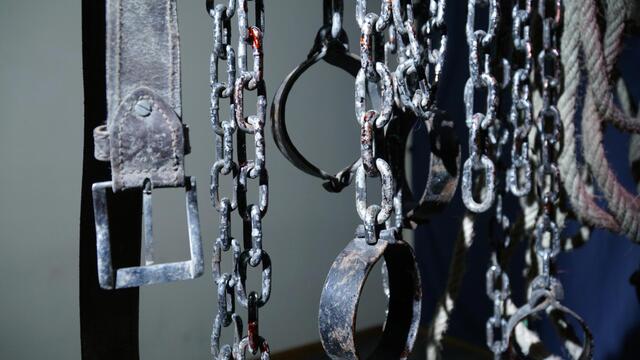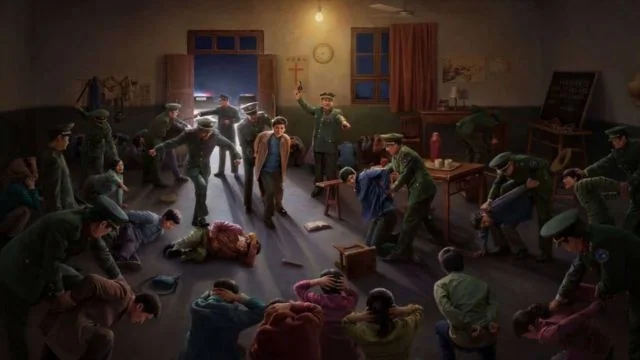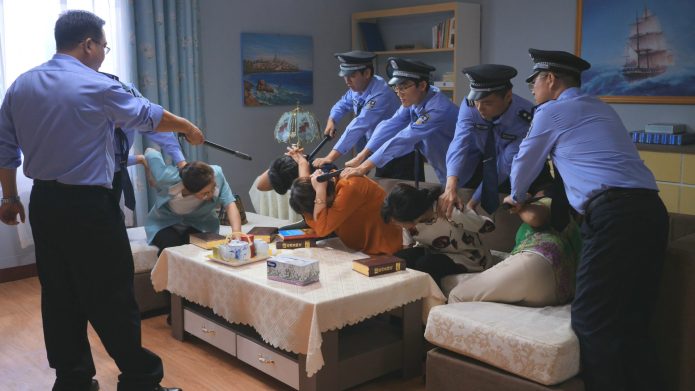In recent years, as the CCP government escalates its repression of religious beliefs, the public has developed an understanding of the facts of persecution against The Church of Almighty God. A growing number of international human rights organizations and Western scholars have concerned themselves with and conducted in-depth studies on the Church, including Professor Massimo Introvigne, a prominent Italian scholar of new religious movements and managing director of CESNUR (Center for Studies on New Religions), and Ms. Rosita Šorytė, the president of ORLIR (International Observatory of Religious Freedom of Refugees). On March 29, 2018, they two were interviewed about human rights of religious refugees in Seoul, South Korea.
What follows is an edited version of their conversation with the reporter from RFA’s Korea service.
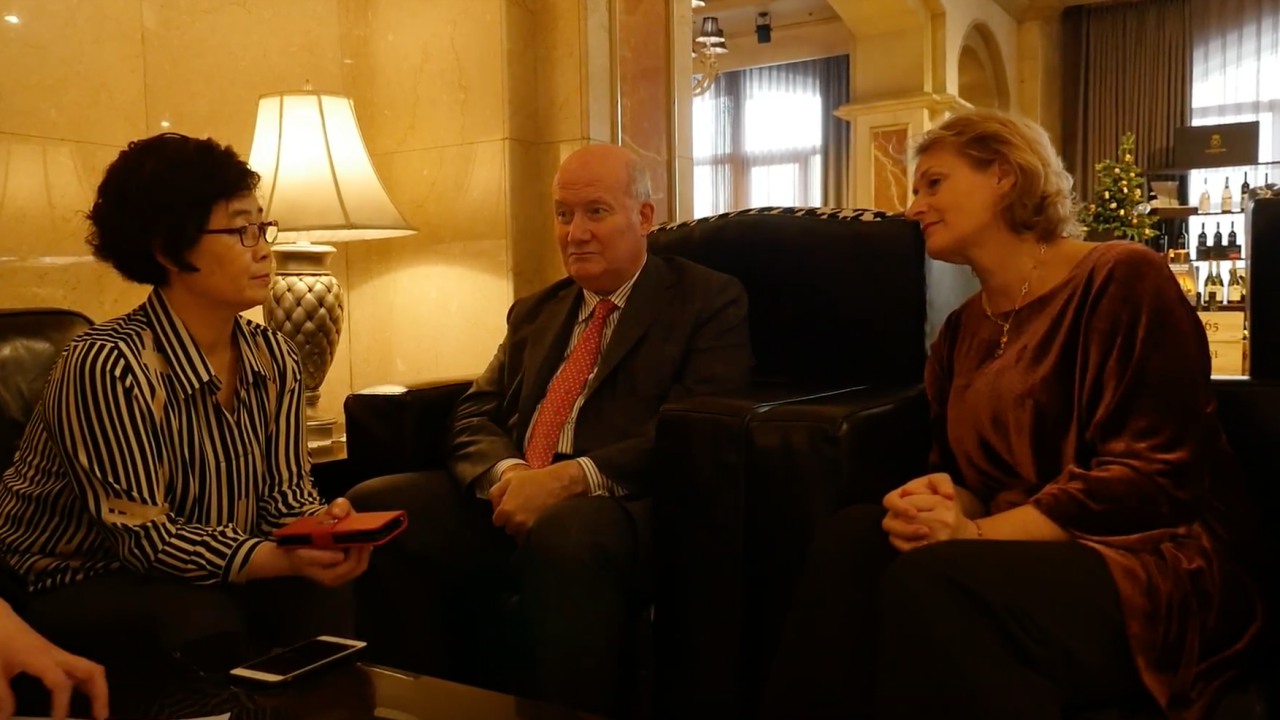
Reporter: Hello! Nice to meet you. I am from International Pen, the Chairman of North Korean Writers in Exile Pen literature, and also a journalist in Korea from an American broadcasting company called RFA.
Prof. Introvigne: Nice to meet you.
Question: So since when have you known about The Church of Almighty God? What made you help the Church?
Prof. Introvigne: Well, I’ve been studying the new religious movements for 35 years, and that’s the main focus of my career as a scholar to study new religious movements all over the world, including in Asia. I have read the available material on The Church of Almighty God, since the first studies were coming out in English by some scholars of China around 2013, and (I) participated in the conferences where The Church of Almighty God was discussed. Very few people were interested in The Church of Almighty God in academia in the West, that’s probably less than 10 people in the world. That’s why even the Chinese Communist Party (CCP) invited me in 2017 to go to China, to Zhengzhou in June and to Hong Kong in September, to participate in two conferences they organized about, but I would say, against The Church of Almighty God. Actually, from the point of view of the CCP, it was probably a bad idea to invite Western scholars because we disagreed about almost everything; but from our point of view, it was very useful, because we got a number of documents published by the Chinese government and Chinese media about The Church of Almighty God. As the result of studying these documents, we came to the conclusion that the accusations against The Church of Almighty God were actually not true. And I insisted that we came to this conclusion based on the documents supplied by the Chinese authorities themselves. So, we tried to understand very respectfully the point of view of the Chinese authorities, and studied very carefully all the documents they gave to us. But as a result of this study, we concluded that The Church of Almighty God was persecuted not because of any crimes they committed; in fact, they did not commit any crime, but they are persecuted because of their ideas. If they are persecuted because of their ideas, they have the right to be supported by friends of religious liberty, and they also have the right to the status of refugees in other countries.
Question: Like North Koreans, when they come escape to South Korea, they have to pass through China. So, in China, they have experienced themselves the Chinese Communist Party persecuting religious believers. If they are deported to North Korea, for the reason of belief in God, they will be executed, or be imprisoned in the prison camps for political prisoners, eternally never being able to escape. So what’s your opinion of understanding this religious persecution in China?
Ms. Šoryté: First of all, all the countries involved have signed the Universal Declaration of Human Rights, and the freedom of belief is a part of human rights. It means that any country who is not respecting the human rights and not respecting the freedom of belief has already breached the Universal Declaration of Human Rights. For all of us human beings and the governments, there are a set of ethical things, just like right to life, right to work. It’s the same, right of belief, so it’s something fundamental, the basis of everything of this life. So certainly the country that is not respecting it and is persecuting people because of that is really seen in the contradiction of obligations and also the commitment they took, so it’s as simple as that. We are talking specifically about China. If they have written in the law, as all of us have seen, that certain religions are out of law, and they should be arrested and persecuted, I think there is no proof needed, because it’s already in the law, meaning that is something in the judicial system of China that these people are somehow beyond the law. It means they don’t have the right to believe what they believe, and that is not acceptable. My organization is dealing with the refugees, people who seek asylum in foreign countries, asylum from the persecution. I would reuse the same argument that we have the proof that people are persecuted because of their religious beliefs, meaning naturally in the countries in which the refugees are asking for their asylum, they should be given. That is a very simple argumentation that comes from the same source of the respect of the human rights.
Question: So, you agree that they can be considered as refugees?
Ms. Šoryté: They must be, because we have all the proof needed. According to the international law, the refugee status is something that they are really entitled to and there are no arguments to say they are not, because all their features are exactly in the definition of this.
Prof. Introvigne: We believe, there are two levels of proof. If you are a member of The Church of Almighty God, you’ll go to jail in China. Proof is not required for individual cases because it’s in the law—Chinese Criminal Code, which is available even in English, the Chinese authorities put it on the Internet, and it has an article called Article 300. According to this article, using a Xie Jiao (Chinese: 邪教) is punished with 3 to 7 years in jail or more. Xie Jiao means heterodox teachings. In practice, we can know which groups are Xie Jiao because they published lists, and The Church of Almighty God is in the list of groups defined as Xie Jiao. Now what does it mean of using a Xie Jiao? Here we have Case Law. Again, many decisions are published officially in the Chinese government’s websites, and using a Xie Jiao means being active in a Xie Jiao. And the interpretation is very broad. Even if you have in your home some literature of a movement classified as Xie Jiao, that’s already using a Xie Jiao, and you’ll go to jail. So, we don’t need the evidence because it’s clear in the law itself. And if you’re active in The Church of Almighty God, you’ll go to jail. So, the only evidence that we can require, that I believe the states are entitled to require is that Mr. so and so / Ms. so and so, is really a member of The Church of Almighty God. That’s the evidence of course that they can require because anybody can say, “I am a member of The Church of Almighty God.” So, it’s very reasonable that the Korean authorities and European authorities require to prove that the individual person is really a member of The Church of Almighty God. But when the person is a member of The Church of Almighty God, it’s clear that if he or she goes back to China, he or she will be arrested. That’s in the law. It’s not the question of interpretation (of the law). It’s a question of Chinese law.
Question: Worldwide refugees being deprived of their religious right by the countries using their political power are very common. What do you suggest the international society do to prevent Chinese Communist Party and Korean Workers Party from suppressing religions? It’s hard for them to do something, and we must help. And what should we do?
Prof. Introvigne: Well, we believe we should also (take actions) very quickly. First, of course the lawyers need to fight in the different countries to which the international laws are applied. Then of course the international organizations, such as the UN and UNHCR, can be involved. But ultimately the decisions are taken in the single country, so the country and the courts should be persuaded with the right to refugee status.
Ms. Šoryté: But still the organizations like UNHCR, I mean the Office of the United Nations High Commissioner for Refugees, and in particular the United Nations Human Rights Council, they still have the role to play. So there is a process particularly in Human Rights Council and if the member states are active and non-governmental organization are active in defending and really fighting to call for protecting people, then changes will be done. The organization like the Office of the United Nations High Commissioner for Refugees, its direct role is to protect the people who are refugees, and (the role of the) Human Rights Council is to protect human rights in every single country of the United Nations.
Related report from KNS: http://www.kns.tv/news/articleView.html?idxno=415665



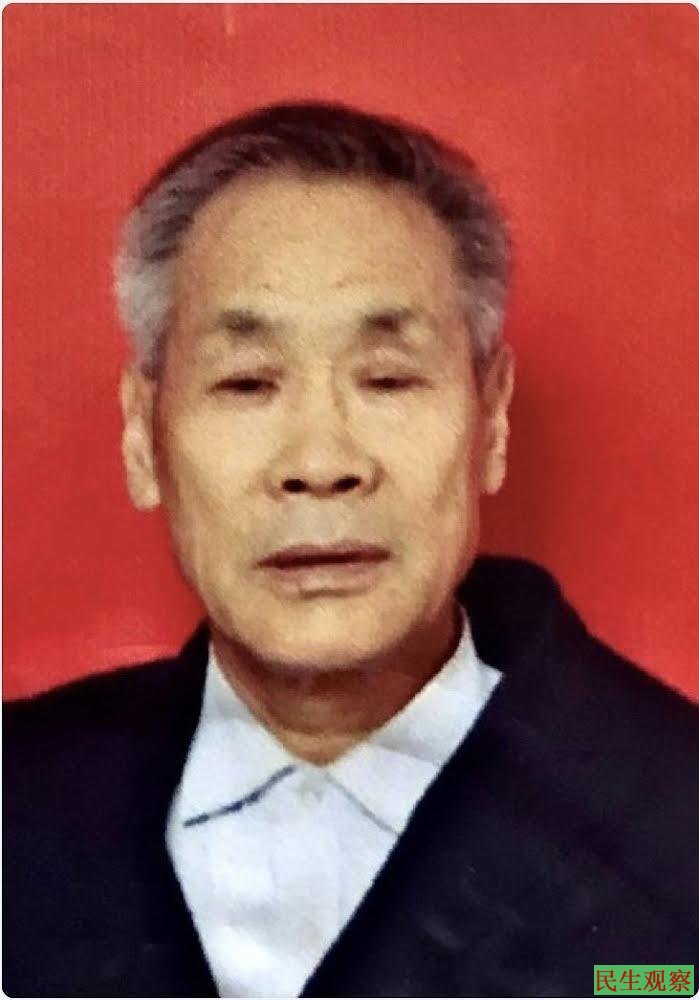

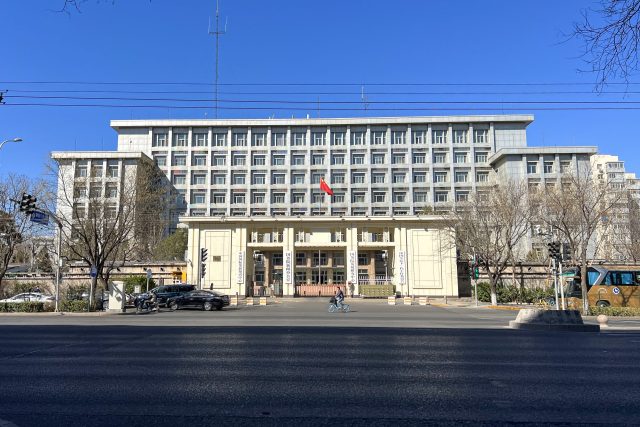
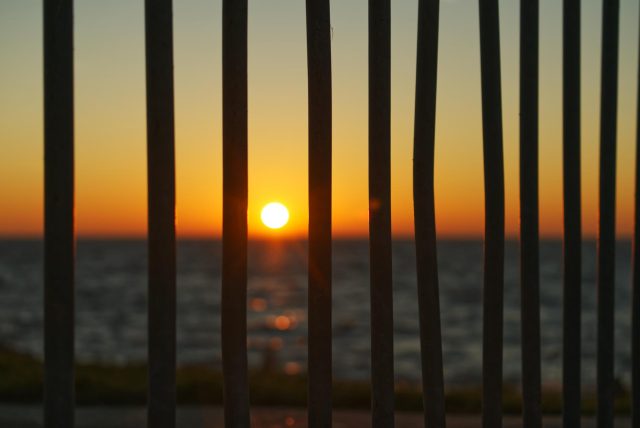
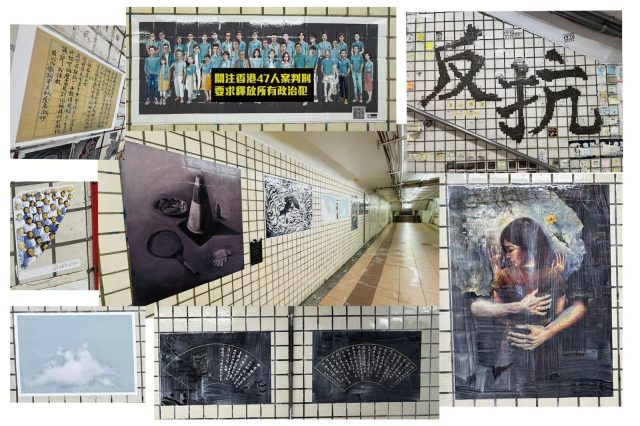
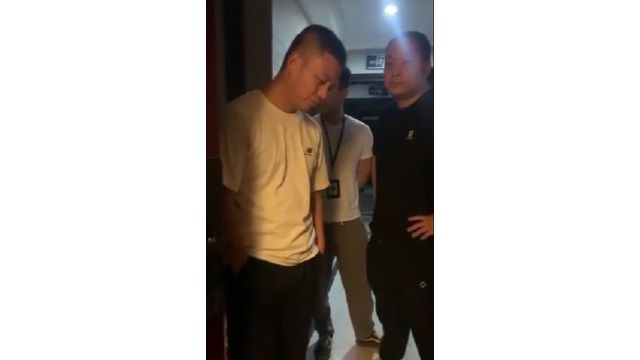
.jpg)
